
PUB is constantly exploring more eco-friendly used water treatment technologies which can Use less energy, Produce less sludge and Generate more biogas for power
Used water from both domestic and non-domestic sources is treated at four water reclamation plants. Refer to the illustration below for the treatment process.
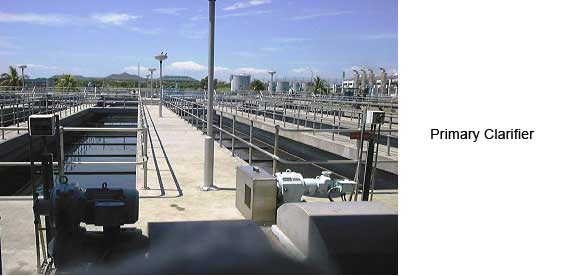
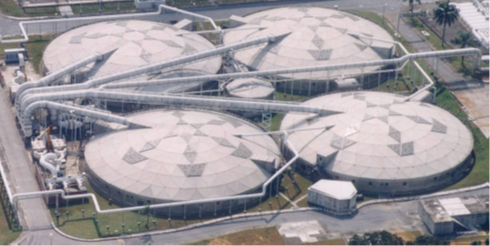
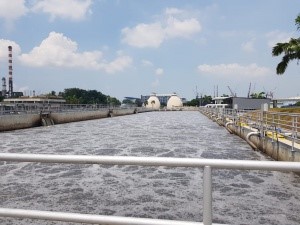
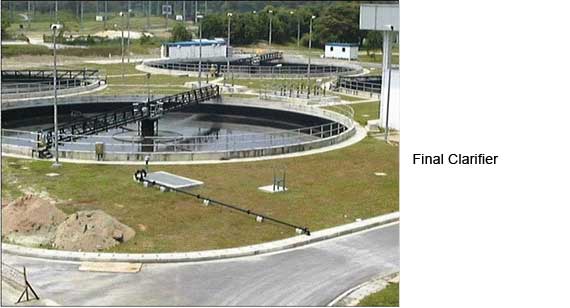
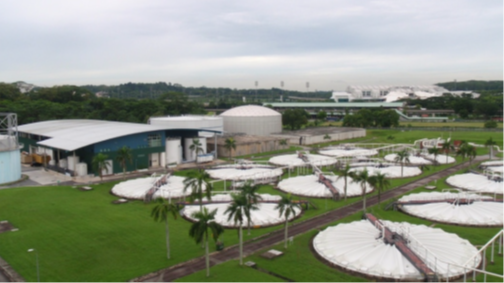
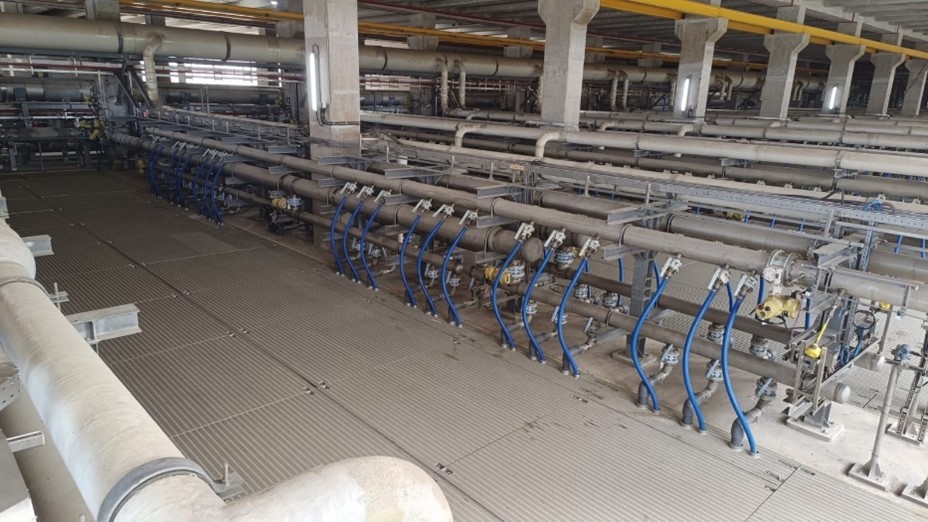
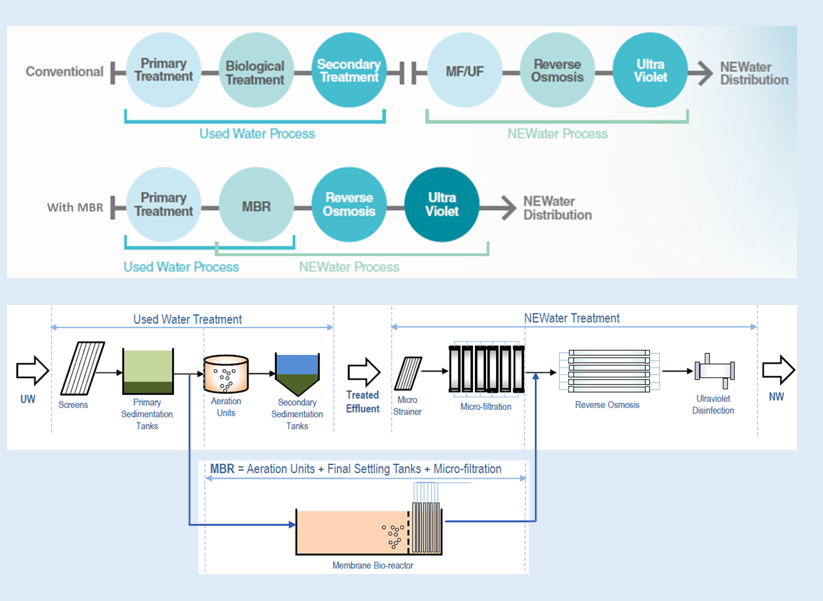
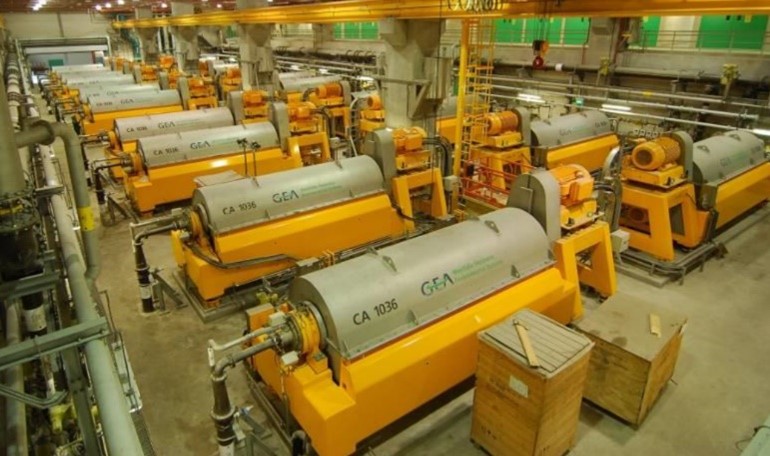

Solid Treatment – Sludge Dewatering
• Digested sludge is dewatered to further reduce the water content to facilitate handling for final disposal.
• The physical process of dewatering can be performed by a dewatering centrifuge.
• The dewatered sludge is then disposed off for incineration.
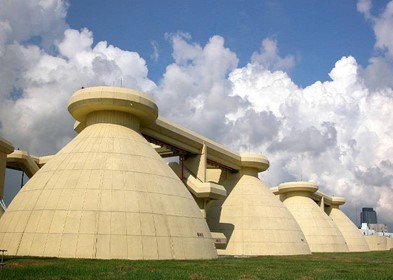
Egg-shaped Digester
In the digesters, another culture of micro-organism thriving in an oxygen-deficient environment breaks down the organic substances in the sludge. The sludge is allowed to remain in the digesters for 20 - 30 days. The digestion process converts the organic matter into biogas which contains 60 - 70% methane. The biogas is then sent to biogas engines to generate electricity. The electricity produced is used to offset the energy consumption of the water reclamation plants.









Solid Treatment – Sludge Dewatering
• Digested sludge is dewatered to further reduce the water content to facilitate handling for final disposal.
• The physical process of dewatering can be performed by a dewatering centrifuge.
• The dewatered sludge is then disposed off for incineration.

Egg-shaped Digester
In the digesters, another culture of micro-organism thriving in an oxygen-deficient environment breaks down the organic substances in the sludge. The sludge is allowed to remain in the digesters for 20 - 30 days. The digestion process converts the organic matter into biogas which contains 60 - 70% methane. The biogas is then sent to biogas engines to generate electricity. The electricity produced is used to offset the energy consumption of the water reclamation plants.